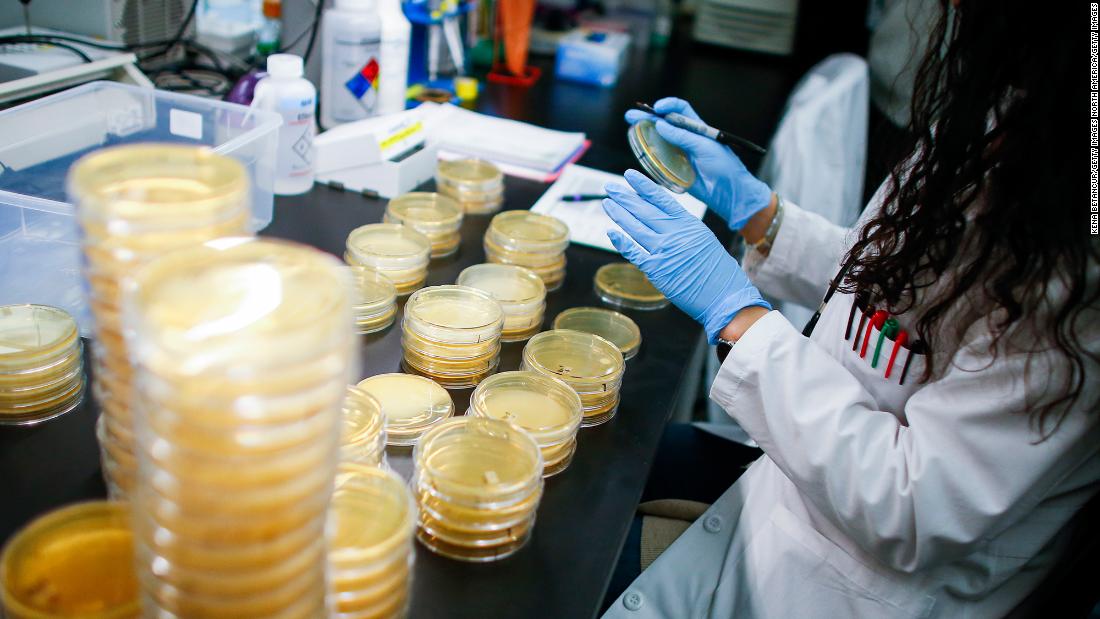
There are now 71 confirmed and presumptive positive cases of coronavirus in the United States. Here's what you should know to keep yourself safe:
What are the symptoms
Coronavirus makes people sick, usually with a mild to moderate upper respiratory tract illness, similar to a common cold. Its symptoms include a runny nose, cough, sore throat, headache and a fever that can last for a couple of days.
For those with a weakened immune system, the elderly and the very young, there's a chance the virus could cause a lower, and much more serious, respiratory tract illness like a pneumonia or bronchitis.
How does it spread
Transmission between humans happens when someone comes into contact with an infected person's secretions, such as droplets in a cough.
Depending on how virulent the virus is, a cough, sneeze or handshake could cause exposure. The virus can also be transmitted by coming into contact with something an infected person has touched and then touching your mouth, nose or eyes. Caregivers can sometimes be exposed by handling a patient's waste, according to the CDC.
The virus appears to mainly spread from person to person.
"People are thought to be most contagious when they are most symptomatic (the sickest)," the CDC says. "Some spread might be possible before people show symptoms; there have been reports of this occurring with ... coronavirus, but this is not thought to be the main way the virus spreads."
How is it treated
There is no specific antiviral treatment, but research is underway.
Most of the time, symptoms will go away on their own and experts advise seeking care early. If symptoms feel worse than a standard cold, see your doctor. Doctors can relieve symptoms by prescribing a pain or fever medication. The CDC says a room humidifier or a hot shower can help with a sore throat or cough.
People with coronavirus should receive supportive care to help relieve symptoms. In some severe cases, treatment includes care to support vital organ functions, the CDC says.
People who think they may have been exposed to the virus should contact their healthcare provider immediately.
How long is the incubation period
Quarantine is usually set up for the incubation period -- the span of time during which people have developed illness after exposure. For coronavirus, the period of quarantine is 14 days from the last date of exposure, because 14 days is the longest incubation period seen for similar illnesses.
How can you can prevent it
There is no vaccine to protect against it, at least not yet.
The US National Institutes of Health is working on a vaccine but it will be months until clinical trials get underway and more than a year until it might become available.
Meanwhile, you may be able to reduce your risk of infection by avoiding people who are sick. Cover your mouth and nose when you cough or sneeze, and disinfect the objects and surfaces you touch.
Avoid touching your eyes, nose and mouth. Wash your hands often with soap and water for at least 20 seconds.
Awareness is also key. If you are sick and have reason to believe it may be coronavirus, you should let a health care provider know and seek treatment early.
"how" - Google News
March 01, 2020 at 06:06PM
https://ift.tt/389lHow
What symptoms to be on the lookout for and how to protect yourself from coronavirus - CNN
"how" - Google News
https://ift.tt/2MfXd3I
Bagikan Berita Ini














0 Response to "What symptoms to be on the lookout for and how to protect yourself from coronavirus - CNN"
Post a Comment